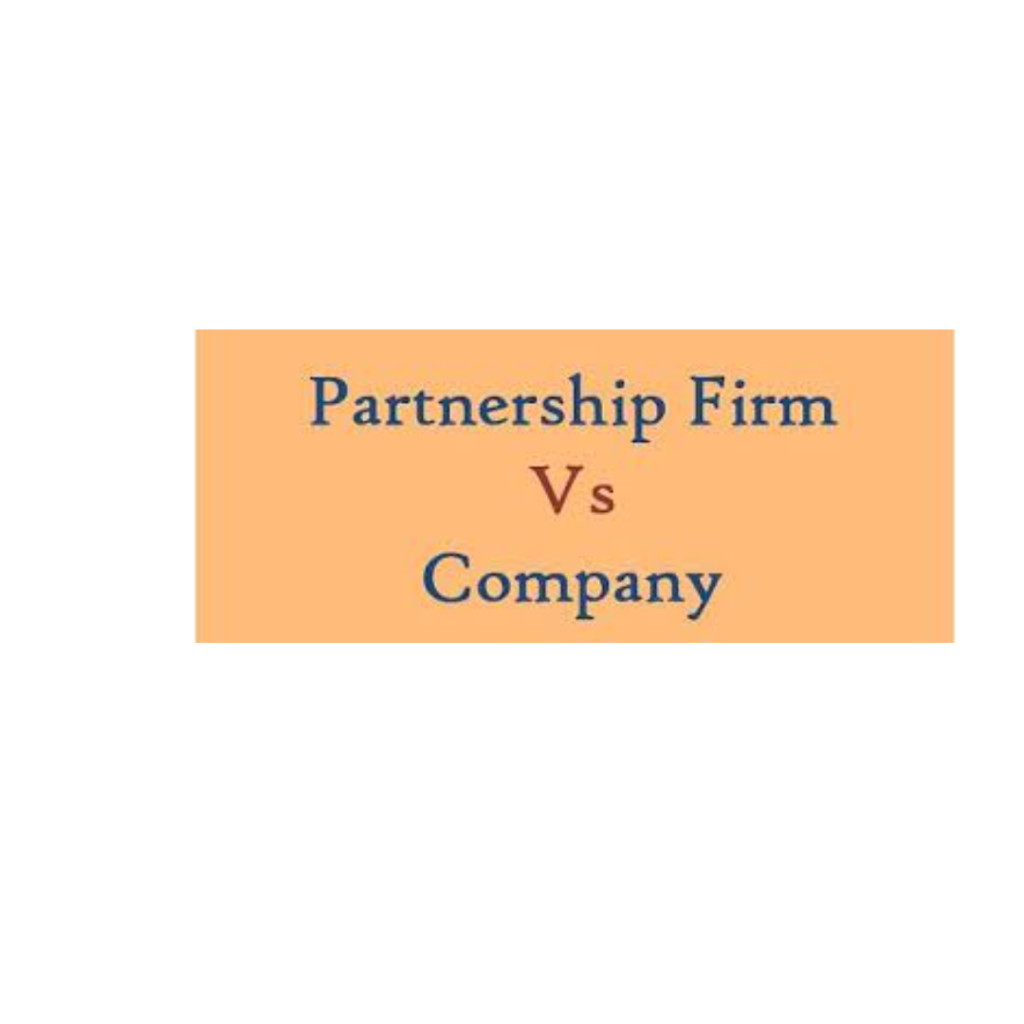A Business Partnership V/s Corporation are two different legal structures for businesses, each with its own characteristics and implications.
Here are some key differences between a business partnership and a corporation:
Ownership and Structure:
1. Partnership:
A partnership is formed when two or more individuals or entities come together to carry on a business for profit. Partners share ownership, management responsibilities, and profits or losses based on their agreed-upon terms.
2. Corporation:
Shareholders own shares in the corporation, and the corporation is managed by a board of directors elected by the shareholders. The ownership and management structure is typically more formal and structured than a partnership.
Liability:
1. Partnership:
In a partnership, partners have unlimited personal liability for the debts, obligations, and liabilities of the business. This means that if the partnership cannot meet its financial obligations, partners may be personally responsible, putting their personal assets at risk.
2. Corporation:
A major advantage of a corporation is limited liability. Shareholders are generally not personally liable for the debts and obligations of the corporation. Their liability is limited to the amount they have invested in the company.
Taxation:
1. Partnership:
Partnerships are generally subject to pass-through taxation, where the profits or losses of the business pass through to the partners’ individual tax returns. Partners report their share of the partnership’s income or losses and pay taxes accordingly.
2. Corporation:
Corporations are subject to corporate income tax. The corporation files its own tax return and pays taxes on its profits. If the corporation distributes dividends to shareholders, those dividends are also subject to individual income tax.
Formalities and Governance:
1. Partnership:
Partnerships have fewer formalities and governance requirements compared to corporations. Partnerships can operate based on an oral agreement or a written partnership agreement. The decision-making process and internal governance more flexible and can be tailor to the partners’ preferences.
2. Corporation:
Corporations have more formalities and governance requirements. They must follow specific rules and regulations, including holding annual meetings, maintaining corporate records, and complying with corporate governance laws. The decision-making process is more structured, with major decisions requiring approval by the board of directors and shareholders.
Choosing between a business partnership and a corporation depends on factors such as the nature of the business, desired ownership and liability structure, taxation considerations, and long-term goals. It’s advisable to consult with a business attorney or professional advisor to understand the legal and financial implications of each option and determine the best fit for your specific circumstances.
To visit:https://www.mca.gov.in
For further details access our website https://vibrantfinserv.com

